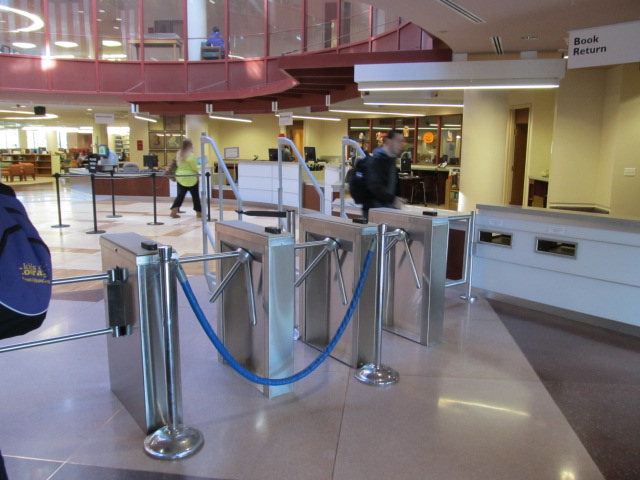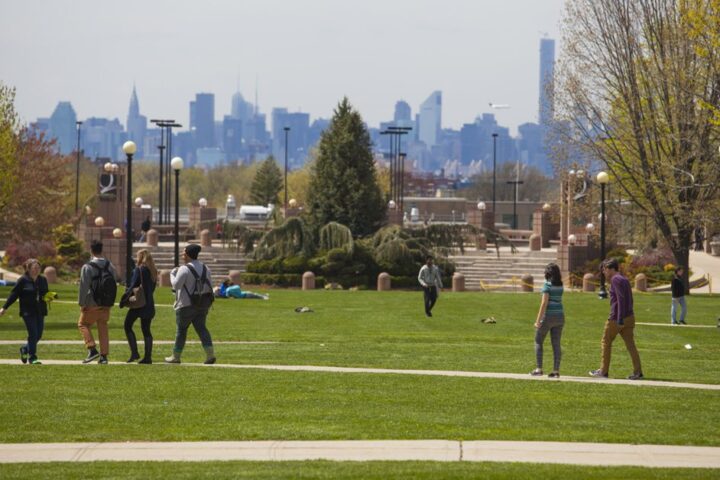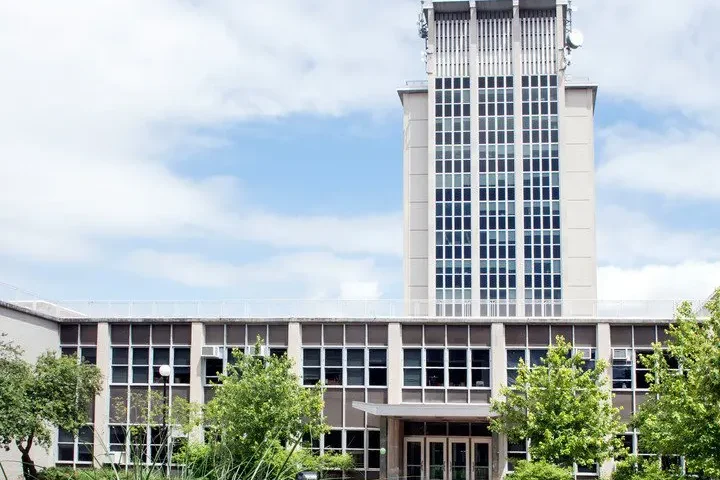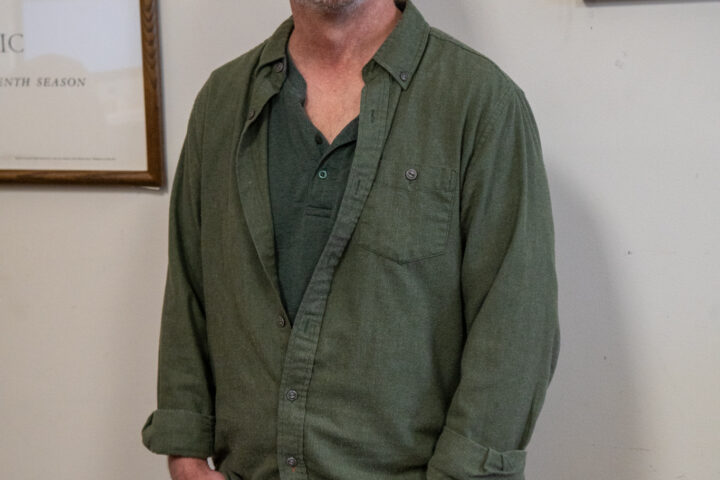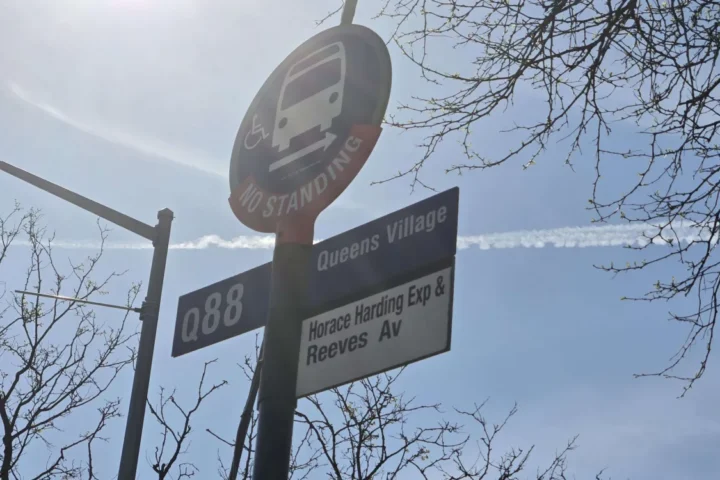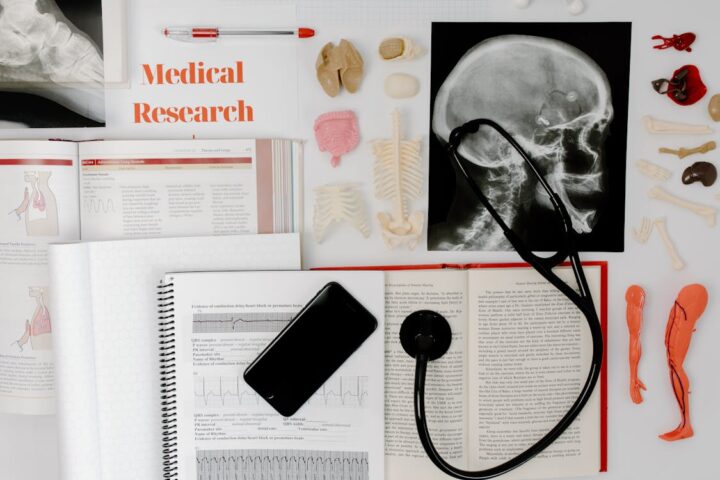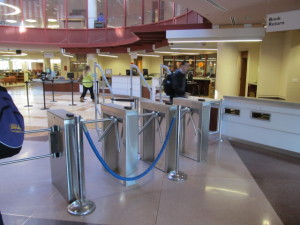
The new turnstile system has been slowing students in need of the library down.
Students without Q-Cards have been blocked from entering the Benjamin Rosenthal Library since Oct. 1 switchover to the turnstile entrance system.
Security at the library’s entrance will turn away students without Q-Cards and direct them to the One Stop Service Center, in the Dining Hall, to exchange their old identification cards for new ones.
The swipe system at the turnstile gates has not yet been activated, but once they are, they will recognize no ID cards except Q-Cards.
“We’re trying to educate the students that in the near future — very soon — you’re going to need a Q-Card,” Pedro Pineiro, head of public safety, said.
The Q-Card system is part of Blackboard, which works to gather all data and information regarding individual students and keeps it in one place. This system aims to make things easier for campus offices by keeping everything under a single managing system.
Three places on campus require identification: the library, Kissena Hall and Queens Hall — formerly the CUNY Law School building on Main Street. However, entrance to the campus itself and all other buildings, requires no ID.
“It’s a little ridiculous that anyone off the street can walk into any building, but that library — you need airport security for that,” freshman, Christos Mouzakitis said.
Many students have been turned away by security and sent to get their old IDs shredded. A Q-Card — according to a sign outside the office — requires a photo ID of some sort, along with an active CAMS account which gives you a QC email for your “My QC” page and a Lotus Notes standard student email.
“It’s a big bummer if you go to the library to do something and they won’t let you in to do it,” said Mouzakitis about being turned away from the library.
The library, Pineiro said, requires extra security for very serious reasons.
“Before I came to Queens College, I thought libraries were places where people went to study and read and research. Shortly after I came to Queens College, I realized libraries are also places where perverts come to hang out,” Pineiro said, citing an instance where an individual inside the library — not a student — grabbed the feet of a female student as she lounged while studying.
This, along with a desire to keep the library exclusive for QC students, has led to the stricter security measures.
In the past, individuals from the community used the library space, technology and documents for personal reasons, without necessarily paying for them, according to Pineiro.
“The students pay a technology fee for having access to these kinds of resources, so why should they be open to the larger community? They should be exclusively for the students,” Pineiro said.
Card access door systems will be in place in buildings outside of the library by the end of the month. Currently, classes with flat screen televisions, smart boards and similar technology for instructional purposes, are kept locked at all times. Security has to come unlock the classrooms for professors at the start of classes.
With the new card system, cards individualized to the professors who need the technology will give them classroom access without necessitating the presence of security. The system will also allow QC to see who accessed what and when.


